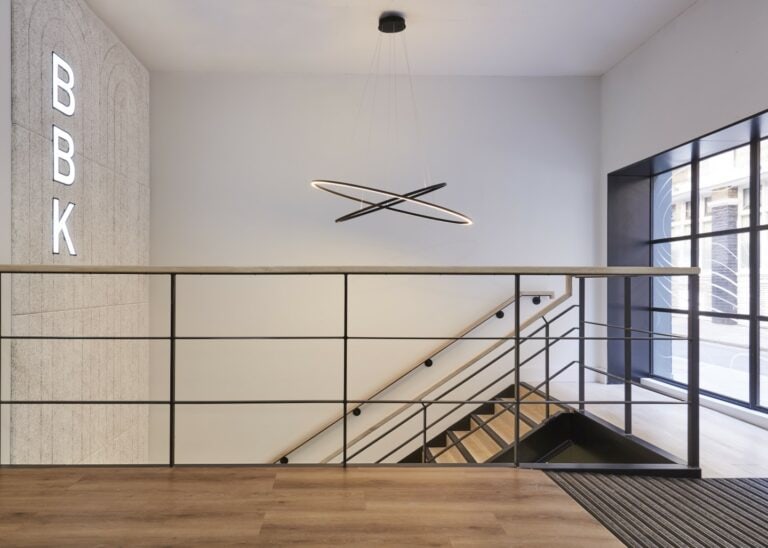Sexual assault and bullying in the forces
The momentum for change is growing
It has been 20 years since Private Cheryl James was found with a bullet wound to her head at Deepcut Barracks in Surrey. A fresh investigation is to be launched into the circumstances surrounding her death, bringing the underlying issues once again into the public eye. We at Bolt Burdon Kemp welcome this inquiry. We know from the experiences of our clients who have experienced lack of care in the service how serious the consequence can be, not least in terms of PTSD (Post Traumatic Stress Disorder) or other mental health issues.
Private James’ case is sadly not unique. In 2012, the sisters of Anne Marie Ellement also requested an investigation into her death. Corporal Ellement alleged rape against senior officers twice. This led to a campaign of bullying by both men and women in her barracks. Two years after her accusations, Corporal element hanged herself outside her barracks. Her family, like Cheryl James’ parents, pushed for a second investigation into her death, as they believe that the MoD had not adequately dealt with the first inquiry into their sister’s death. When the second inquest was adjourned due to the MoD’s finding of 1400 unseen files, 29 of which were relevant to Corporal Ellement’s suicide, there were cries of cover-up and conspiracy.
We do not know and cannot comment on why these documents did not appear until the last minute. However, it does appear to be consistent with a systematic failure in the Forces to deal with complaints, including those regarding sexual assault. There is a feeling among campaigners, including Liberty, that the MOD are not dealing with cases of sexual assault adequately. The coroner in the inquest into Corporal Ellement’s death called for a review into the policy of responding to soldiers who allege sexual assault.
Statistics
To look at statistics, between 2009 and 2014, there were 100 allegations of rape, of which 20 were followed by courts martial, and none by convictions. With sexual assault, there were 250 reported allegations, of which 60 were prosecuted by Court martial and there were 20 convictions. But these don’t show the whole picture. The real problem here is the sexual assaults and rapes that go unreported. This is not down to poor record keeping or alleged cover ups. The problem goes deeper than this, to the atmosphere and culture which is rooted deeply in the military, across all ranks and all barracks which so often encourages the motto, ‘shut up and put up’.
In its eighth report, the Defence Committee commented that:
‘We are concerned that the number of sexual harassment and other sexual offences allegations made to the Commissioner remain low. Other evidence, such as the 2006 Equal Opportunities Commission and MoD Survey into sexual harassment in the Armed Forces, suggested that the incidence of such offences was a lot higher than the number of complaints would indicate’
Indeed, the review by the Equal Opportunities Commission notes that every woman questioned admitted that she had suffered some form of sexual harassment or abuse whilst serving in the Armed Forced. The Commissioner also commented in a separate report that very often when woman make a complaint about a separate issue, they mention rape and sexual assaults that happened previously as reasons for not trusting the chain of command. Importantly, they are not reporting these abuses when they happen.
Fear of Coming Forward
One reason why servicewomen and men do not come forward is that members of the forces, including those who are attacked, feel a huge emotional commitment to the services. They feel the commitment and family feeling must go both ways, so that when it is betrayed it is devastating, and makes approaching the chain of command even more difficult.
Another problem is that under the Armed Forces Act 2006, sexual assaults short of rape or penetration do not have to be reported to the Service police and thus to the Service Prosecuting Authority. This in turn leads to many acts being seen as, less serious, even ‘harmless’ or a ‘joke’. Very often, as well as training hard, members of the armed forces are expected to play hard. The Commissioner in the report worried that anything that could be seen as a ‘joke’, such as voyeurism, exposing female soldiers or ‘posed’ sexual assaults for Facebook, are almost never reported, and unlikely to be picked up. Cruel initiation rites pass by unknown, as to expose what is happening would spoil the ‘fun’.
Finally, it is no secret that the military runs on a strict discipline system, presided over by a strict Chain of Command, where rank and tradition can, in the wrong circumstances, mean everything. What remains a secret however is the real effect of this culture on servicewomen and men when they fall victim to sexual assault or rape, and what happens when they try to deal with what has happened.
Tackling the Problems
The Defence Committee states that without accurate figures, the MoD have no idea of how serious the problem is, or how they should combat it. The Committee recommends that the MoD instigate new research into the level of sexual offences, the actions to tackle it, and to encourage reporting.
It is also vitally important that those who are brave enough to come forward know that they are being believed and that action will be taken. A service complaint can be made to the commanding officer up to 3 months after any incident, and there is a duty on him/her to report this further. The Ministry of Defence has the same duties to protect their employees from discrimination, abuse and fear as any other employer.
If this fails to resolve the situation, other options remain available. For discrimination and harassment, a claim can be brought to an employment tribunal. If a soldier suffers physical or psychological harm following an assault, then a Personal Injury lawyer may be able to help them find redress. For more information about bullying, harassment and discrimination in the forces, view our page.
I am an Associate at Bolt Burdon Kemp specialising in Military claims. If you think you may have a claim, contact me free of charge and in confidence on 020 7288 4845 or at Rhichakapila@boltburdonkemp.co.uk for specialist legal advice. Alternatively, you can complete this form and one of the solicitors in the Military team will contact you. You can find out more about the team.










